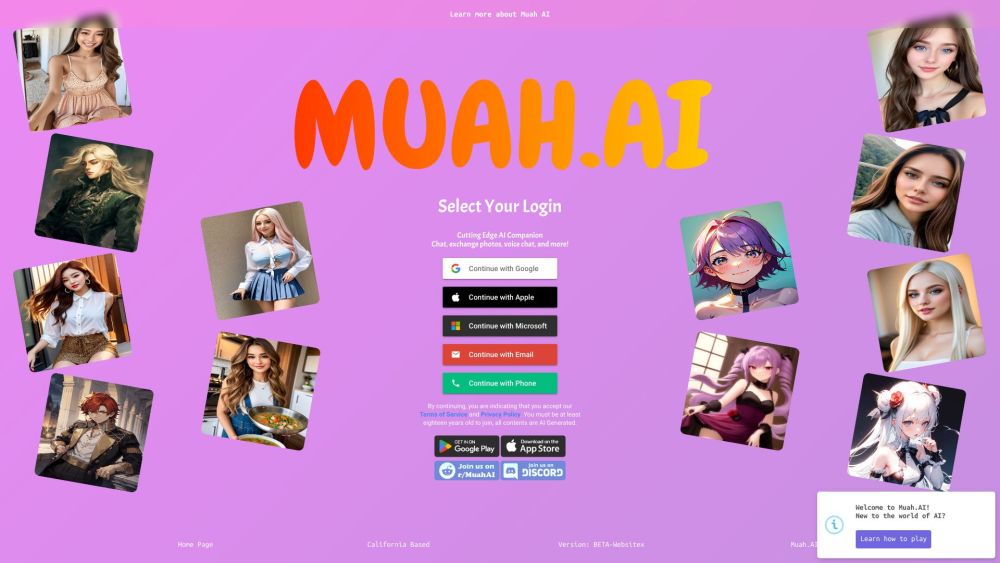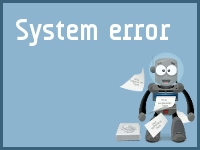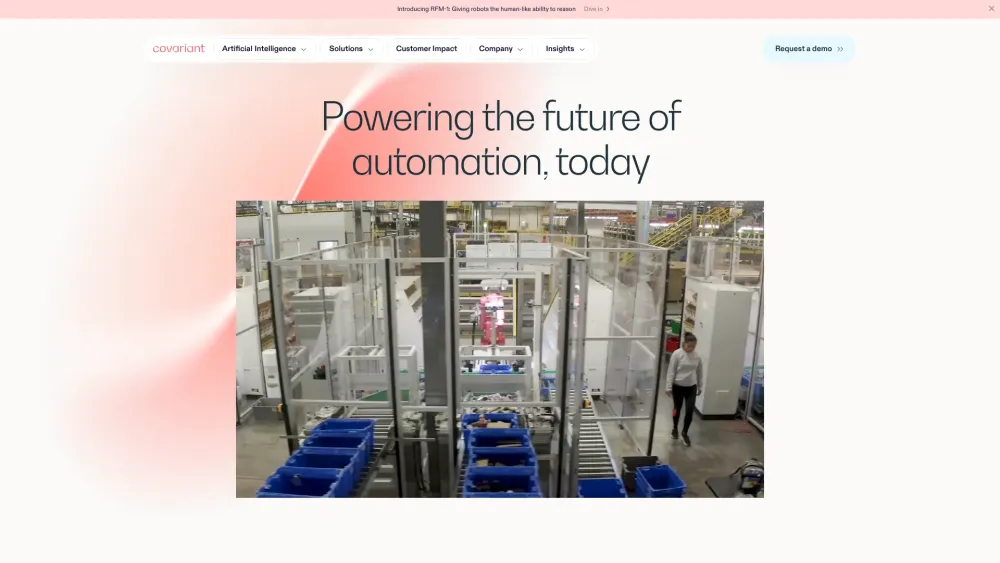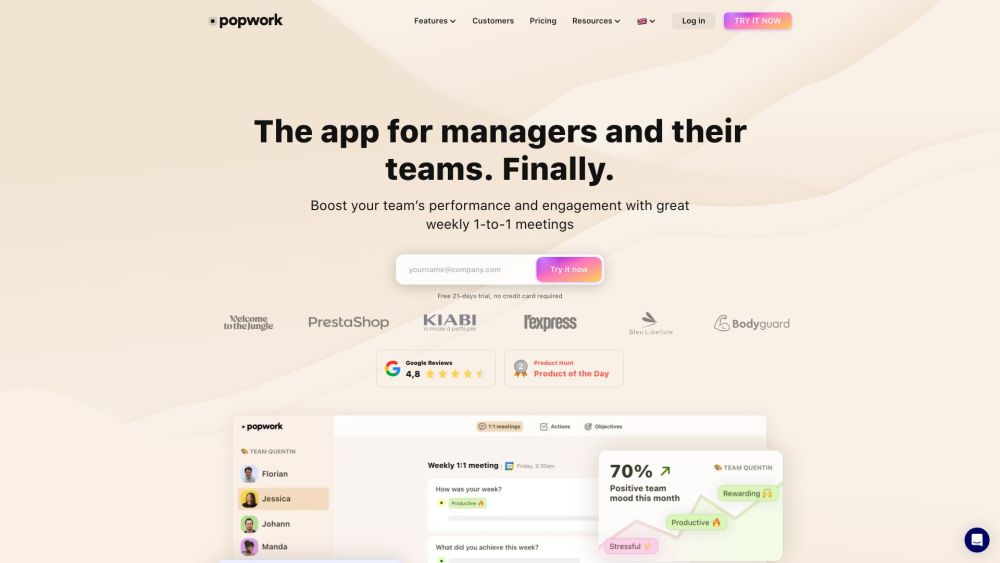Ehsan Vaghefi, CEO and co-founder of Toku, was influenced by his father, who lost his eyesight to congenital glaucoma at the age of four. Growing up in Iran, Vaghefi was deeply connected to the blind community, as many of his childhood friends were either visually impaired or had blind parents. Inspired by his father’s struggles, he initially considered a career as a clinician but soon redirected his focus toward health technology. He founded Toku to delve into ocular imaging and its critical role in diagnostics.
“From a young age, I realized that a clinician's reach is limited by the hours in a day. My mission became clear: to leverage technology and innovation to bring healthcare to the masses,” Vaghefi said. He is also an associate professor in Optometry and Vision Science at the University of Auckland, boasting five patents, 50 publications, and receiving over $15 million in research grants focused on early disease detection through ocular imaging. "I have dedicated my life to making affordable and accessible disease screening available, so no child has to grow up with a disabled or deceased parent," he added.
Toku operates on the premise that significant links exist between glaucoma and cardiovascular conditions. By examining a patient's eyes, clinicians can gain insights into their cardiovascular health. The company’s main product, CLAiR, is a non-invasive, AI-powered retina scan that detects cardiovascular risks and related diseases like stroke and type 2 diabetes.
What sets CLAiR apart is its cutting-edge approach: the technology utilizes AI to analyze minute signals from blood vessels captured in retinal images, allowing it to assess risks for heart disease, hypertension, and high cholesterol in just 20 seconds. Furthermore, because CLAiR integrates seamlessly with existing retinal imaging devices, its diagnostics can easily become part of standard eye exams.
Earlier this year, Toku successfully completed an $8 million Series A funding round, with investments from U.S. optical retailer National Vision and Japanese firm Topcon Healthcare. Although still in its infancy, the company is poised for growth.
Recently, the U.S. Food and Drug Administration (FDA) granted CLAiR “breakthrough device status.” This designation expedites the de novo process for market entry, providing Toku with access to a dedicated team of FDA experts to streamline the accreditation process. “Any product that receives final FDA approval through this program is eligible for immediate current procedural terminology (CPT) reimbursement codes,” Vaghefi explained.
However, this designation also means CLAiR is not on the market yet. If it gains FDA clearance, it would mark Toku as the first medical device company in the U.S. to provide an affordable, non-invasive method for assessing cardiovascular disease risk using retinal images.
Founded in Auckland, New Zealand, in 2019, Toku relocated its headquarters to San Diego, California, earlier this year. The company intends to launch a pivotal trial by mid-2024, aiming for market availability by late 2025. Toku is collaborating with strategic partners like Topcon Healthcare and National Vision to facilitate this rollout upon receiving final approval.
Interestingly, Toku is not the only startup exploring similar technology. Five years ago, Google and Alphabet’s Verily announced they were developing an AI algorithm to predict heart disease risks through retinal scans, although it has not yet launched. Additionally, MediWhale, a South Korean startup, offers an AI-driven non-invasive retina scan for diagnosing cardiac and kidney disorders.
Toku’s primary users will be asymptomatic adults undergoing routine eye exams. The technology is designed for deployment in retail optometry locations, primary care offices, ophthalmology clinics, and pharmacies equipped with retinal imaging technology. Once CLAiR identifies individuals at elevated cardiovascular risk, those patients will be referred to their primary care providers for further testing.
Regarding privacy and data retention, Toku adheres to the Health Insurance Portability and Accountability Act (HIPAA) and ISO 13485 standards, ensuring that only authorized personnel can access patient health data. "We do not use patient information for research or AI training unless explicitly authorized. Patients can request their data be deleted at any time, and we will comply immediately, adhering to data sovereignty regulations in all jurisdictions," Vaghefi emphasized.




